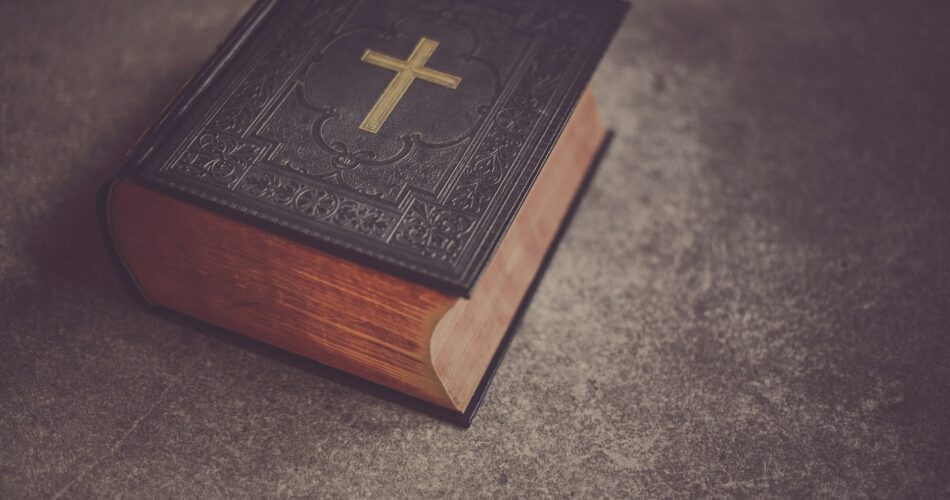Poll Reveals Many Question Biden And Trump’s Religious Beliefs
A recent survey has shed light on the diverse perspectives of Americans regarding the religious inclinations of the leading presidential candidates, with views varying significantly depending on the respondents’ religious affiliations.
Conducted by the Pew Research Center and released on Friday, the survey aimed to gauge public perceptions of President Joe Biden and former President Donald Trump’s religiosity, given their expected roles as major contenders in the upcoming 2024 presidential election. Drawing data from responses collected from 12,693 U.S. adults between February 13 and February 25, the survey maintained a margin of error of +/- 1.5 percentage points.
Results revealed that a mere 4% of respondents considered Trump to be “very religious,” while 25% described him as “somewhat religious,” and a substantial majority of 68% viewed him as “not at all religious.” Conversely, regarding Biden, only 13% of participants perceived him as “very religious,” with 41% labeling him as “somewhat religious,” and a plurality of 44% asserting that he was “not at all religious.”
Across various religious subgroups, except for white Evangelical Protestants, the prevailing sentiment was that Trump was perceived as “not at all religious.” Even within this subgroup, a plurality of 49% shared this perception. Regarding Biden, while a majority of black Protestants (51%) and atheists (55%) perceived him as “somewhat religious,” the majority of other religious subgroups viewed him as “not at all religious.”
Furthermore, regarding whether Biden and Trump advocate for individuals with similar religious beliefs, a plurality of respondents (39%) believed Biden did so “a little/not at all,” whereas 44% thought similarly about Trump. Notably, 94% of respondents, irrespective of religious affiliation, deemed it important for a president to lead a morally and ethically sound life.
Concerning the importance of a president standing up for individuals with similar religious beliefs, 64% of respondents agreed, while 48% thought it was important for a president to possess strong religious beliefs, regardless of whether they aligned with their own. However, only 37% believed it was crucial for a president to share their religious beliefs.
While majorities of certain religious subgroups emphasized the importance of a president standing up for individuals with their religious beliefs, a similar sentiment was not shared among all groups concerning a president having strong religious beliefs or sharing their religious affiliation.
